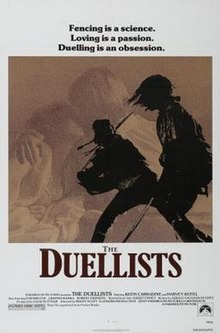
Aka Norman Lindsay’s Age of Consent. I think we’ve found a haven. We’ve got it made. Australian artist Bradley Morahan (James Mason) has become jaded by his life in New York City. His agent persuades him to rejuvenate his interest in painting and he takes off to an island on the Great Barrier Reef where he becomes acquainted with a young woman Cora (Helen Mirren) who sells fish to a local shop and whom he asks to model for him … You crazy virgin! Come back! It’s meant to be a compliment, you stupid bitch! The great Michael Powell’s next-to-last film, this is a breezy account of an artist, gamely played by Mason, who co-produced. The pair had wanted to work together for a long time before this came Powell’s way – he had even wanted to shoot a version of The Tempest with Mason and Mia Farrow. Another island story would have to do. Lindsay’s 1937 book was semi-autobiographical and while this is hardly a penetrating account of the production of great art it’s very attractive and nicely dramatised (with some significant changes to sybarite Lindsay’s material) by Peter Yeldham. Mason is typically convincing and empathetic but it’s Mirren in her first major role that you watch – this is a great showcase for her with its balance of comedy and drama including an excess of eroticism that proved too much for the censors back in the day. Jack MacGowran has a lovely supporting role as Brad’s old flighty friend Nat and Neva Carr Glyn is larger than life as Cora’s coarse old gran, perhaps tilting the otherwise relaxed atmosphere somewhat. Mason has a lively sex scene with Clarissa Kaye whom he later married. This is a refreshing take on falling in love again with your art and your muse and nature and it’s beautifully shot by Hannes Staudinger with stunning underwater work by Ron and Valerie Taylor. Lindsay’s life would be revisited in Sirens. Godfrey the dog is a delight. People misjudge her because her mother was the town bike. Cora’s different

